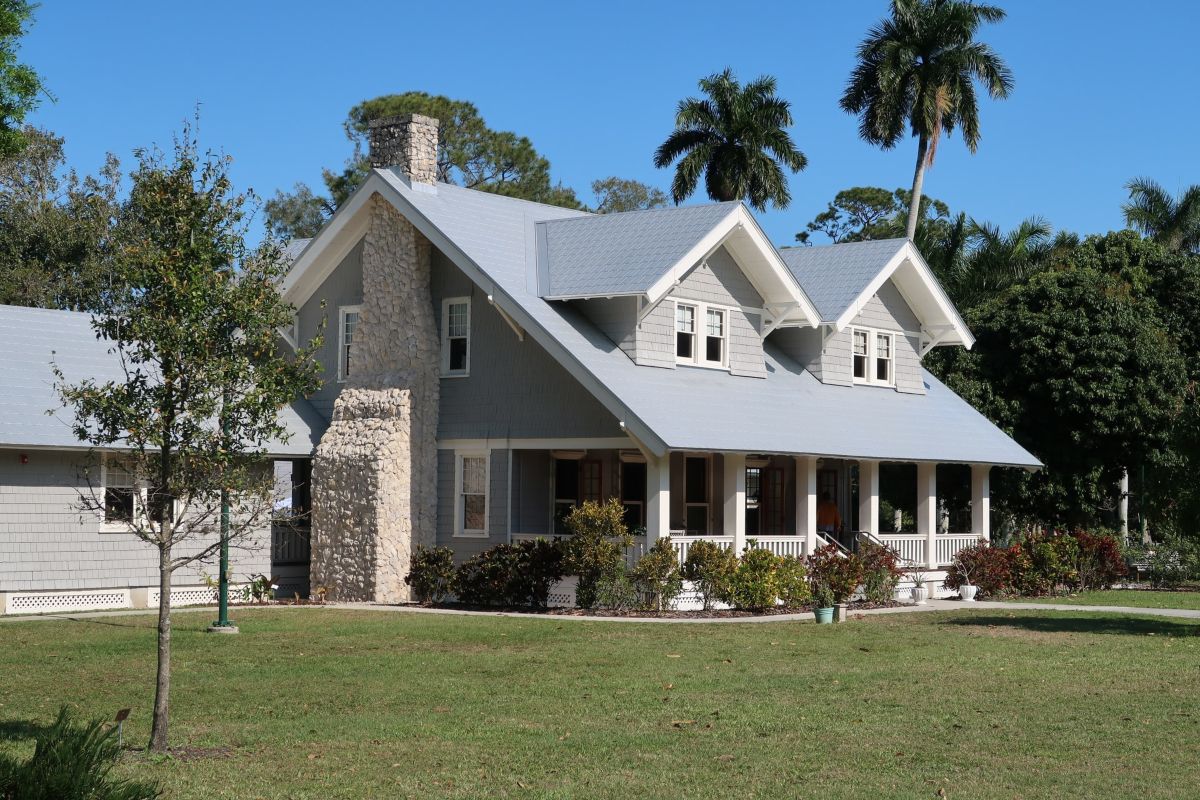Real estate assets are one of the most costly purchases any buyer or investor can make. Even Property prices have increased by 15% during the past year, making homeownership more challenging. Forecasts for 2022 reveal that home values will continue to climb and may reach a staggering 22% in the middle of the year.
What makes houses so expensive? Several factors contribute to the rising prices, and inflation is among the most influential.
Inflation happens when the prices of services and products in a specific market gradually increase. Money’s purchasing power will diminish with the rising of overall price levels.
Inflation affects the pricing system of the real estate industry and the economy as a whole. Generally, housing and other real estate property prices spike as inflation increases.
What Factors Affect Property Pricing?
Now that you know that inflation causes most commodities to go up in prices, the million-dollar question is why is buying a house so expensive. The following factors explain what’s going on with 2022 property pricing.
1. An Increase in Building Costs
Construction and building material costs have risen by 12% over the last year, mainly due to supply constraints. Major components such as steel and cement rose by 20%. Global political developments, trade agreements, and increasing tariffs and shipping costs also affect the prices of imported materials. Even labor costs surged together with inflation.
These situations left developers with no choice but to increase housing prices. Builders of luxury homes take pride in the quality of their materials, and scrimping is not an option. They may have become more expensive, but buyers are assured they’re getting value for their money.
2. Low-Interest Rates
Low-interest rates may sound great, but when it stays that way for extended periods. Even from a lower-income bracket, buyers can afford a home due to reduced rates. However, fewer properties become available when the market is already saturated with homeowners. It becomes drained since the supply can’t meet the demand.
The rise in demand drives sellers and developers to raise the selling prices of their homes. It will lead to a supply deficit, leaving only a few homes for sale. Research from the National Association of Realtors (NAR) reveals that for every 65 households, there is only one affordable housing option.
3. A Change in Demographics
There has been a shift in the population regarding birth rate, average life expectancy, age, and family structures in the past years. Millennials have become more career-driven and avid property investors. Homeowners have become younger, and even unmarried couples are buying houses together. It’s a far cry from their parents’ investing philosophy.
The availability of digital information and inspiration from social media have driven the younger generation to buy real estate properties. The change in mindset and financial savviness enabled them to acquire real estate assets. This phenomenon jacked up the demand, leading to a spike in prices.
4. Zoning Laws and Regulations
Local and municipal zoning laws regulate neighborhood capacities and allowance requirements in various regions and suburbs. Houses in high-opportunity zones tend to be more expensive.
Regulatory barriers prohibit the development of low-cost homes on high-priced lands. Almost three-quarters of the land in several U.S. cities have zoning regulations that only allow single-family detached houses. This type of building is more costly than apartments or duplexes.
Furthermore, there is an increased demand for houses in zones where the building of new properties is prohibited. Homebuyers need to pay more for a community free from construction activity disturbances. If a potential home buyer wants peace with an exclusionary zone, they must be prepared to shell out more money.
5. Increase in the Cost of Land
As the population grows, so does the cost of open lands. There may be an abundance of land, but the price spike makes it less affordable. Housing costs are directly proportional to an increase in land prices. Therefore, the more expensive the land is in a specific area, the more pricey the homes.
6. The Coronavirus Pandemic
Lockdowns resulted in people working from home. Remote workers wanted a place of their own to work and find solace amidst the distressful times. These concerns boosted the demand for houses, and with more need comes higher home prices.
During these times, rent has become more expensive too. Some people found it more practical to pay for a mortgage than monthly rent. They’d rather pay monthly for something they’d eventually own. Thus, even if finances were tight, homes were being snatched up. The stiff competition made home prices shoot up.
7. No One Wants to Sell
Experts attribute the dwindling housing inventory to homeowners planning to sell but are hesitating. Typically, people sell their homes, intending to acquire a new one. However, due to the highly competitive market, potential sellers similarly aren’t confident about taking the risk of buying a new home.
Competition has been so cutthroat that wealthier investors are paying for properties in cash. Those who can’t take this leap hold off their plans of upgrading their homes. Since few people are selling, supply becomes low, thus increasing the price.
Is it Worth it to Invest in Real Estate?
Purchasing a new home may be expensive, but it is still a sound investment. Inflation results in higher asset prices and rents, making real estate an excellent hedge against the inflationary environment. In this highly volatile global market, investing in high-quality properties that can produce stable income streams in this highly volatile global market is an excellent decision.
Financial advisors still favor real estate to diversify an investor’s portfolio. Its low volatility and high-yield nature can build and preserve value and survive inflationary pressures.
The key to wise real estate investment is to enter the market at the right time. Investors can reap the benefits of price hikes as long as they have studied the market before letting go of their hard-earned money. Fortunately, the outlook for real estate in the coming years is nothing but positive.
Read Also:
- How To Build A Better Budget For Buying Property
- 12 Best Cities In The UK To Buy Investment Property
- How A Mortgage Broker Can Help When Buying Business Property
Author: Benjamin Galang















